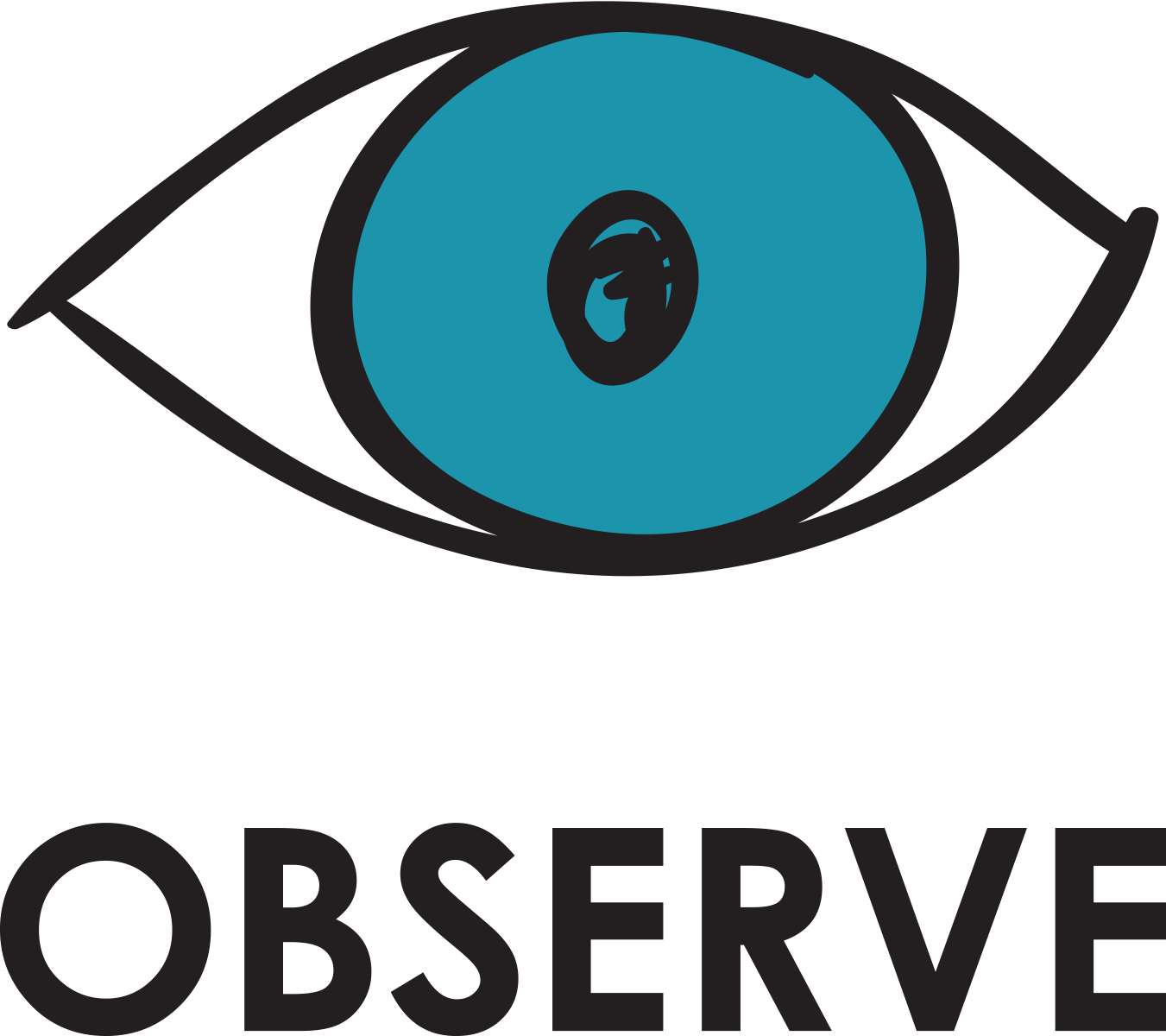Building a ‘lesson repository’ | #2
About a way in which we can learn and improve on things we care about just by observing, and iterating.
We learn an awful lot of stuff over the course of our lives. Some of it is useless, some of it is wrong, some of it is boring, but some of it, is useful. The reason we took off as a species and became what we are today is that we were able to share useful information and retain knowledge across generations. Initially through genetics, which was inefficient, but eventually through language, which is awesome.

The concept
This idea of ‘building on top of useful things that came before’ is I think one of the reasons I like writing. This feedback loop starts with observation, moves to the communication of information, which is then considered and iterated upon. Observation that leads to iteration, then into observation, into iteration, and so on.
There are heaps of systems and processes based on this principle, and an infinite number of things that are the result of this principle. It’s inarguably one of the biggest drivers of improvement and innovation the world has ever known. But it is not applied to as many things as it could be, and the general awareness or understanding of it is, I think, low. But yet it is fundamental. Let me give you some examples. If you don’t care for examples, skip to the next heading.
The concept of evolution through natural selection is a principle we learn about from a very young age. Giraffes have long necks because the trees in their habitat were tall, and the giraffes with longer necks had an advantage. The longer-necked giraffes reproduced more (and starved less), so the next generation had, on average, longer necks. Over many generations this process produced giraffes as they are today. Here, the ‘knowledge’ that I’m talking about exists in the giraffe’s genes and gets iterated upon as generations progress.
Control theory works on the same principle but much faster. Autonomous drones use the velocity of their propellers and the angle at which they are situated to fly. But, when a sudden gust of wind hits them, or a rock, or they just want to stay still, they have to compensate for the change in their surroundings. To do this, they measure the change, feed that information back into a computer, and correct themselves. They learn from new information to improve.
The issues
This process is how science is done, it’s how rockets fly, and is generally how progress is made. So why don’t we apply it to more things? It’s everywhere, and yet examples of it not existing are evident everywhere too. When was the last time your bus route changed to be more direct or efficient? When was the last time you observed what food you eat and how it makes you feel? When was the last time you watched a film that wasn’t a sequel (I kid, but think about it)?
The answer is because not everything gets to be iterated on. Either because it’s good enough already, so there’s no need to iterate, or because changing and iterating on the current way of thinking is hard. I believe that this is fundamentally why there are still countless failures in systems that are intrinsic to our society. Because those systems are big, complicated things that people have accept to be past the point of change. Maybe that’s another post.
The point
I’ve gotten far away from my point. The point is, if you understand this principle you can apply it to whatever problem or situation you care to improve. If you want to get healthier, start paying attention to your diet and exercise, observe what you do, make marginal improvements, and observe the effect.
It sounds a little taboo, I know the idea of calorie counting is shunned, heck, I shun it sometimes too, but you don’t have to do that. You just have to observe and iterate. Whether that’s noticing that you drink a few litres of diet coke a week and cutting it back, or calorie counting, or something else, it doesn’t matter. I just want you to apply the principle of iteration to anything you want to improve.
So for me, that starts here. I’m going to start recording the things I learn in this newsletter to make this a ‘lesson repository’. Pages I can look back on that describe a problem, an observation, and an improvement, so I can improve on them again in the future. Obviously if each one is as long as this one no one, not even I, will read it, but that’s something we can improve on too. Staying concise. Looks like I’m going to be measuring the length of these posts and how long it takes me to get to the damn point :sweat_smile:
A little extra
Looking for a image to whack at the end here and maybe at the beginning I came across iterate.ai. They seem like fun, anyone ever heard of them before?

